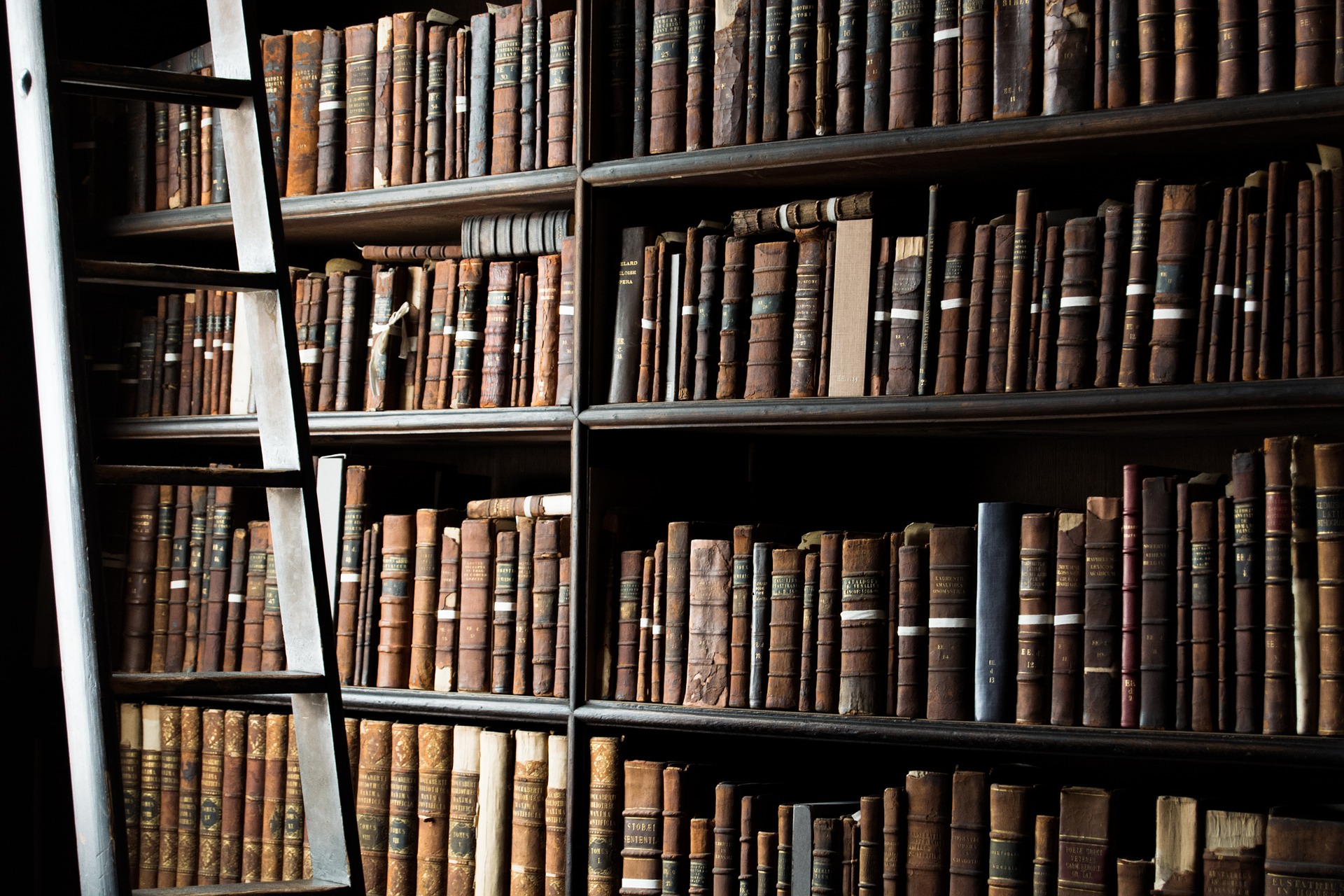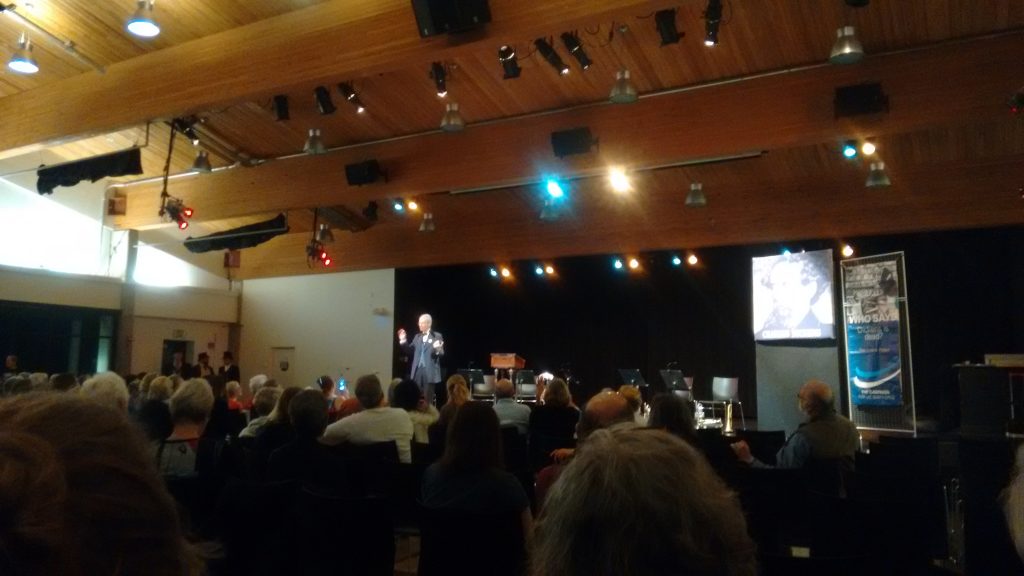As happens with many things in life, I had heard wonders about Dickens Universe from former delegates, but you don’t really get an idea of what it is like until you experience it yourself. The setting couldn’t be any better: the campus of UC Santa Cruz is the kind of place you never want to leave; surrounded by red-woods, inhabited by squirrels and deer, and with some breath-taking views of the ocean. The human group making all this possible truly deserve a special mention: the people working and volunteering for The Dickens Project are not only welcoming and friendly, they also take care of every single detail so that all of us can feel at home for a very special week.
And it is actually the human component of Dickens Universe that makes all the difference– grad students, faculty, general public, the Friends of the Dickens Project, and especially the Director, Prof John Jordan aka “Master of the Universe”. It was precisely Prof Jordan (UC Santa Cruz) who mentioned in his welcoming message the very special and unique essence of Dickens Universe: an academic event which also features characteristics that one might more usually expect to find in a book-club and a summer-camp. The secret ingredient for getting so many different people together for a week? A Dickens novel.
Dickens Universe 2016 turned around Dombey and Son, which was published serially between 1846 and 1848. A truly enjoyable novel, wittingly written, and covering a wide range of key Victorian issues which were, of course, reflected upon by the excellent keynotes. On this occasion, I had the pleasure to be Kent’s representative and was accompanied by faculty Dr Declan Kavanagh, Lecturer in Eighteenth-Century Studies, and Director of the Centre for Gender, Sexuality and Writing at Kent’s School of English.
This year’s programme was quite full and featured a great variety of activities, all of them interesting and appealing. On a strictly academic level, there were the faculty-led seminars both for the general public, and for grad students, keynotes in the morning and evening, afternoon lectures, and the different “jobs” carried out by the grad students. The latter included workshops on publication, active listening, pedagogy, writing, presentation, and the possibility of team-teaching with another grad student, which was my choice. These teaching sessions were aimed at the general public and involved close-reading and discussion of especially relevant passages. I can’t truly explain how much I enjoyed this! My teaching partner was a Masters student from San Francisco State University and together we led daily sessions for a group of eleven participants. Some of them were first-timers like us, some others had been attending Dickens Universe for several years. It was clear from the beginning that we would all learn from each other.
As regards the key-notes, I would say Dickens Universe also stands out for bringing together so many excellent, international renowned academics to deliver lectures. The talks were delivered from very different critical perspectives, all extremely relevant to current research in Humanities. To name but a few, Andrew H. Miller (Johns Hopkins) started off with a linguistic approach, John Jordan delivered an inspiring talk on “Openings” as a recurrent structural motif within the novel, Elisha Cohn (Cornell) drew on Animal Humanities, Peter Capuano (Nebraska, Lincoln) applied his research on Digital Humanities and disability to his reading of the novel, Claire Jarvis (Stanford) beautifully revisited her reading of the novel after motherhood, Ryan Fong (Kalamazoo College) analysed the many implications of the sea in the novel, and Robyn Warhol (Ohio State) presented “Reading Like A Victorian”, a digital resource that aims at replicating the serial experience, and which I will definitely be mentioning to my students!
The opportunity for networking and getting to know other participants came with the more relaxed activities: the welcoming dinner, Victorian tea offered every afternoon by the Friends of the Dickens Project, Post-Prandial Potations (PPT) consisting of drinks before the evening lectures and organised by the so-called Cruise Directors to whom we owe so many good moments, yoga lessons, rehearsals for different events, the Grand Party also hosted by the Friends of the Dickens Project, the Fundraising Auction, the Victorian Dance, and the Dickensian parties held every night!
As I said at the beginning this is truly a once-in-a-life experience for a PhD student both at a professional and a personal level. I’m still missing everyone so badly! All the very best to next year’s candidate who will have, I am sure, at least as great a time as I did.
Raquel Garcia-Cuevas Garcia

